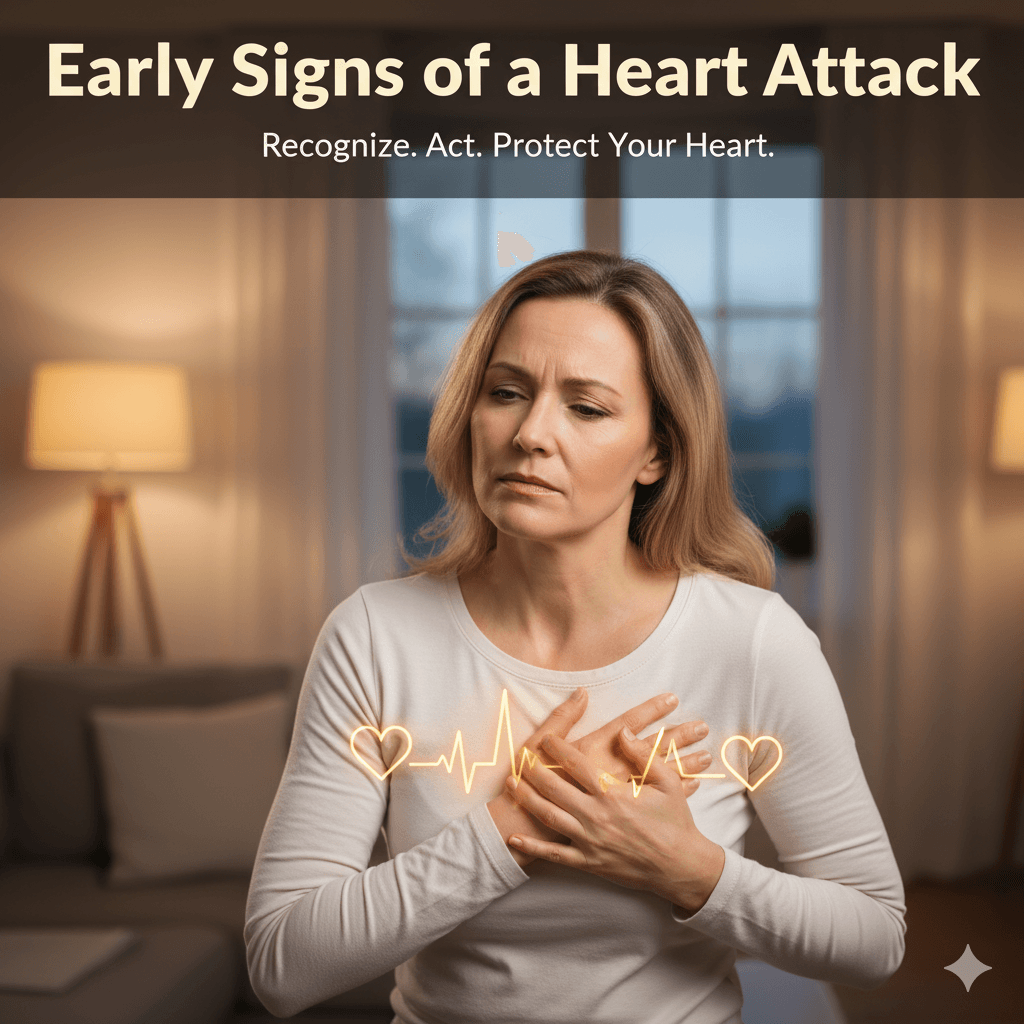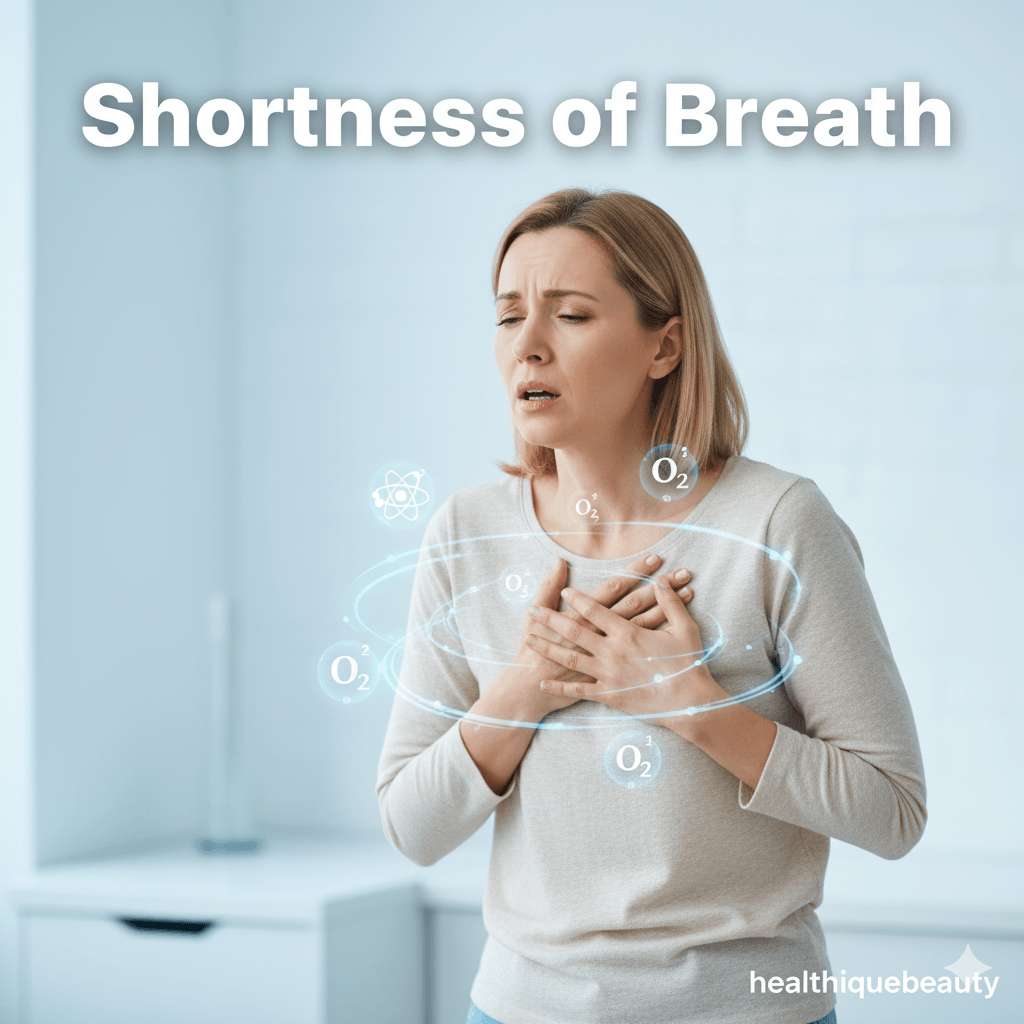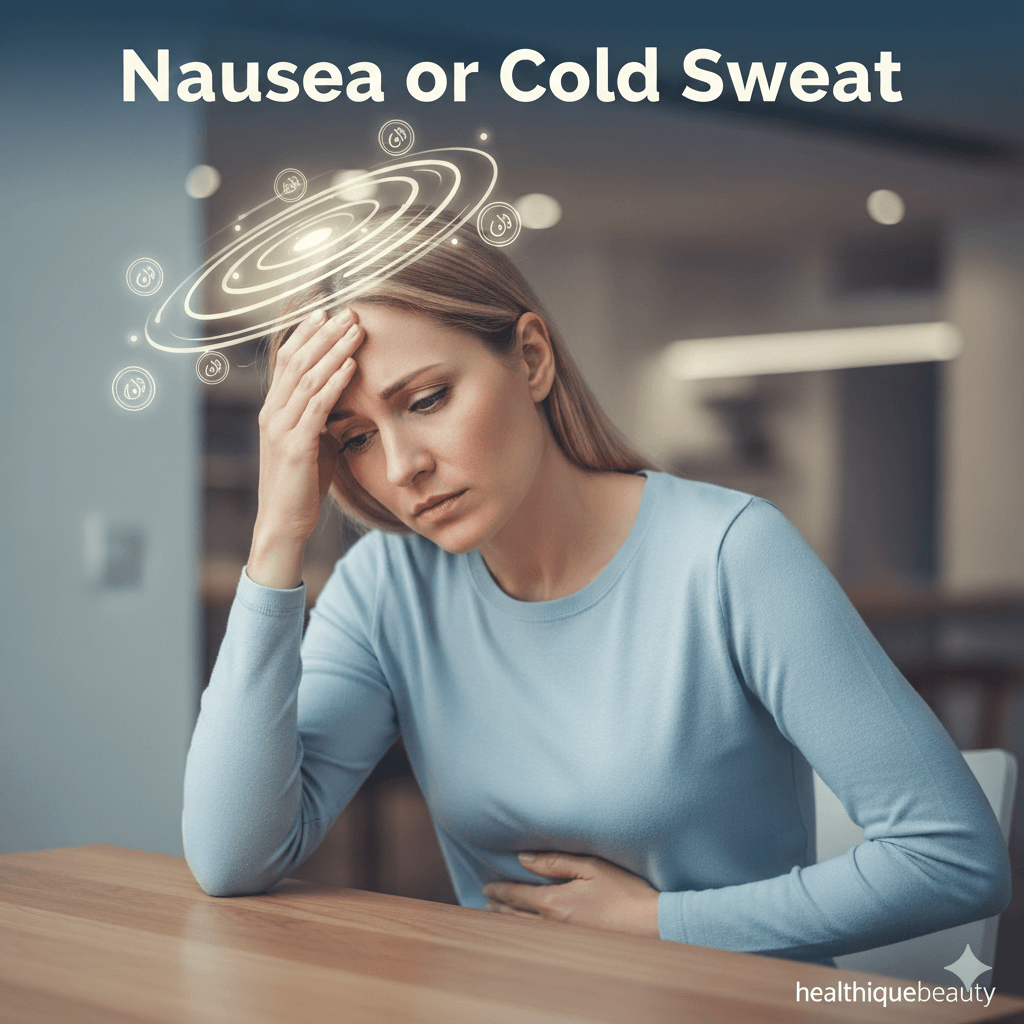
Early Signs of a Heart Attack You Should Never Ignore
Early Signs of a Heart Attack: Don’t Ignore These Warning Symptoms
Heart disease remains the leading cause of death worldwide, yet many people still miss the early signs of a heart attack.
Recognizing these symptoms early can literally save your life or the life of someone you love.
A heart attack, or myocardial infarction, occurs when blood flow to part of the heart muscle becomes blocked — usually by a clot or buildup of plaque in the coronary arteries. The earlier you seek help, the greater your chance of survival and recovery.
In this article, we’ll explain the main warning signs, why they occur, and what you should do if they appear.
1. Chest Pain or Pressure — The Most Common Sign
Chest pain (angina) is often the first and most classic sign of a heart attack.
People describe it in different ways — as pressure, heaviness, tightness, or a squeezing sensation in the center or left side of the chest. Some say it feels like “an elephant sitting on the chest.”
It usually lasts more than a few minutes or comes and goes. The pain may spread to the neck, jaw, shoulder, or arm — especially the left one.
Why it happens:
When the heart muscle doesn’t get enough oxygen-rich blood, nerve endings send pain signals to the brain.
When to act:
Don’t wait for it to go away. If the pain lasts longer than 5 minutes or comes with shortness of breath or sweating, call emergency services immediately.

2. Shortness of Breath — Even Without Chest Pain
Many people experience breathlessness before or during a heart attack, even when they’re at rest.
This may feel like you can’t catch your breath, or like you’ve just finished running — even though you haven’t moved much.
Why it happens:
The heart struggles to pump blood efficiently, leading to a buildup of fluid in the lungs.
Tip:
Shortness of breath that appears suddenly or worsens with mild effort (like walking or talking) is a red flag.

3. Pain in the Arm, Jaw, Neck, or Back
Heart attack pain doesn’t always stay in the chest. Sometimes it radiates to the left arm, jaw, neck, back, or even the upper stomach.
This happens because the heart and these areas share similar nerve pathways. Women, in particular, are more likely to experience these atypical symptoms.
Why it happens:
Referred pain occurs when signals from the heart are interpreted by the brain as coming from nearby regions.
Pay attention:
Unexplained pain in these areas — especially if combined with fatigue or sweating — should not be ignored.
4. Unusual Fatigue — Especially in Women
Feeling unusually tired or exhausted for no clear reason is another early sign that can appear days or even weeks before a heart attack.
Many women report extreme fatigue, even from simple activities like making the bed or walking short distances.
Why it happens:
When the heart isn’t pumping well, less oxygen reaches muscles and tissues, causing weakness and tiredness.
Tip:
Persistent fatigue that doesn’t improve with rest deserves medical attention.

5. Nausea, Indigestion, or Stomach Pain
Heart attack symptoms are sometimes mistaken for acid reflux or indigestion, especially in women.
You may feel nausea, a burning sensation in your upper abdomen, or even vomiting.
These are not typical digestive symptoms when they occur suddenly or alongside chest pressure.
Why it happens:
The heart and stomach share nerve pathways; reduced heart function can trigger digestive-like discomfort.
Warning:
If you feel heartburn-like pain with sweating or shortness of breath, don’t assume it’s just your stomach — get checked immediately.
6. Sweating and Dizziness
Breaking out in a cold sweat, feeling dizzy, or lightheaded can be a subtle but serious warning.
You might feel as if you’re going to faint, or experience sudden clamminess with chest discomfort.
Why it happens:
The nervous system releases stress hormones during a heart attack, causing sweating and dizziness due to reduced blood flow to the brain.
Tip:
Sudden sweating or fainting, especially with chest pressure or nausea, should be treated as an emergency.

7. Irregular or Rapid Heartbeat
A racing heart, skipped beats, or fluttering sensations can occur just before or during a heart attack.
While occasional palpitations can result from stress or caffeine, if they appear suddenly and persist, they may indicate heart trouble.
Why it happens:
Oxygen deprivation causes electrical instability in the heart’s rhythm.
Seek help:
If you experience an irregular heartbeat with chest pain or shortness of breath, call emergency services right away.
When to Seek Medical Help
If you suspect a heart attack, don’t wait. Call emergency services immediately.
Early treatment can restore blood flow to the heart muscle and prevent serious damage.
While waiting for help:
Sit down and stay calm.
Chew one adult aspirin (if you’re not allergic), as it can help reduce blood clotting.
Avoid driving yourself to the hospital — get medical transport.
How to Reduce Your Risk of Heart Attack
Prevention starts with a heart-healthy lifestyle. Here’s how you can protect your heart every day:
Eat a balanced diet rich in fruits, vegetables, whole grains, and omega-3 fats.
Exercise regularly — at least 30 minutes of moderate activity most days.
Quit smoking and limit alcohol.
Manage stress through relaxation, sleep, and mindfulness.
Monitor blood pressure, cholesterol, and blood sugar regularly.
Your heart deserves daily care — not just attention when something feels wrong.
Takeaway
Heart attacks rarely happen without warning. The body often sends clear signals — pressure in the chest, unusual fatigue, or shortness of breath.
Recognizing these symptoms early and acting fast can save your life.
Don’t ignore what your heart is trying to tell you — listen, act, and protect your health.
